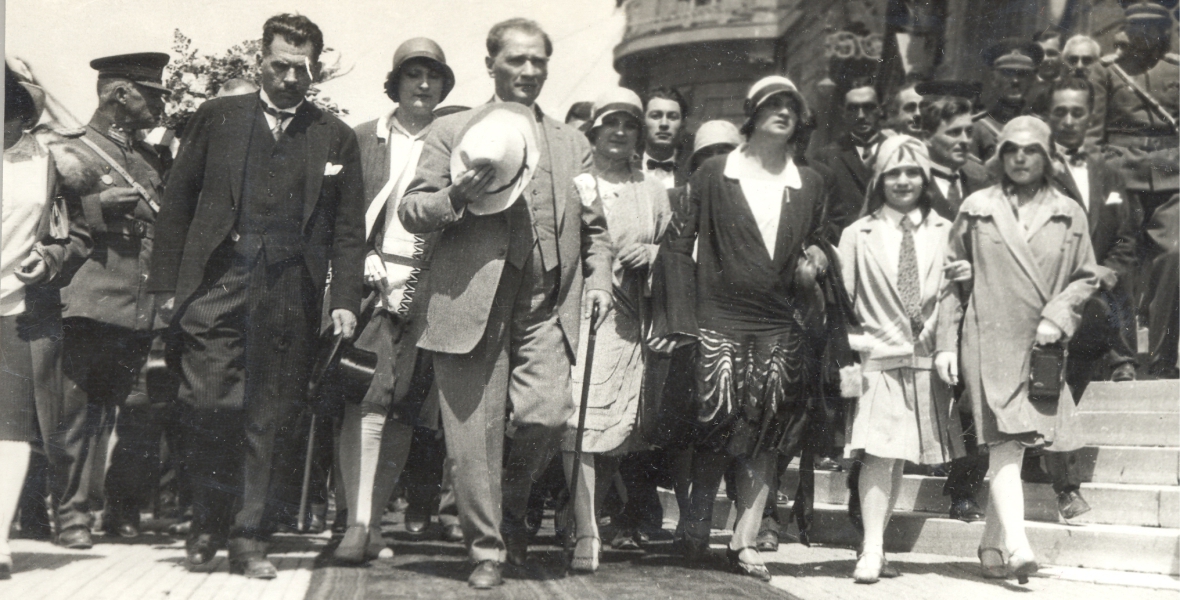
Atatürk Reforms
Atatürk Reforms, also known as Kemalist reforms, refer to a series of wide-ranging political, social, cultural, and legal reforms implemented in Turkey during the leadership of Mustafa Kemal Atatürk, the founder and first President of the Republic of Turkey. These reforms were initiated in the early 20th century, particularly after the Turkish War of Independence (1919-1923), with the goal of modernising and secularising the country. The reforms had a profound and lasting impact on Turkey’s transformation from an Ottoman Empire legacy to a modern nation-state.
Abolition of the Ottoman Sultanate (1922).
The Ottoman Sultanate, which had been the symbol of political and religious authority, was abolished, ending over six centuries of Ottoman rule. Mustafa Kemal Atatürk became the de facto leader of the new Turkish state.
Abolition of the Ottoman Caliphate (1924).
The position of the Caliph, who was considered the religious leader of the Muslim world, was abolished, marking Turkey’s departure from theocratic rule.
Introduction of a New Legal Code (1926)
The Ottoman legal system was replaced with a new legal code based on European legal principles, known as the Swiss Civil Code. This laid the foundation for a more modern and secular legal system.
Introduction of the Latin Alphabet (1928)
The Arabic script, which was used for writing the Turkish language during the Ottoman period, was replaced with the Latin alphabet to improve literacy and simplify communication.
Education Reforms
A comprehensive education reform was undertaken to modernise the education system and make it more accessible to the population. Religious education was separated from secular education, and new schools were established.
Women’s Rights
Women’s rights were promoted, and several reforms were introduced to grant women legal equality, including the right to vote and run for office (1934). The wearing of the veil (hijab) was discouraged in public institutions.
Secularization of Institutions
Secularisation of Institutions The secularisation of state institutions was a key aspect of the reforms. Religious influence in politics and public life was significantly reduced.
Economic Atatürk Reforms
Economic policies were introduced to promote industrialisation and modernisation. State control of key industries and infrastructure projects was emphasized.
Cultural Atatürk Reforms
Efforts were made to promote Turkish culture and language. Traditional Ottoman cultural elements were replaced with more modern and secular forms of art and literature.
Surnames Law (1934)
A law was passed requiring Turkish citizens to adopt surnames, as part of a broader effort to modernise and standardise naming conventions.
These reforms were often met with resistance and opposition, particularly from conservative and religious quarters. However, Atatürk and his supporters were determined to create a modern, secular, and unified Turkish nation-state. The Atatürk reforms have had a lasting impact on Turkey’s identity, shaping it into a secular republic with a modern legal and political system. Atatürk’s principles and reforms are still highly regarded in Turkey today.
